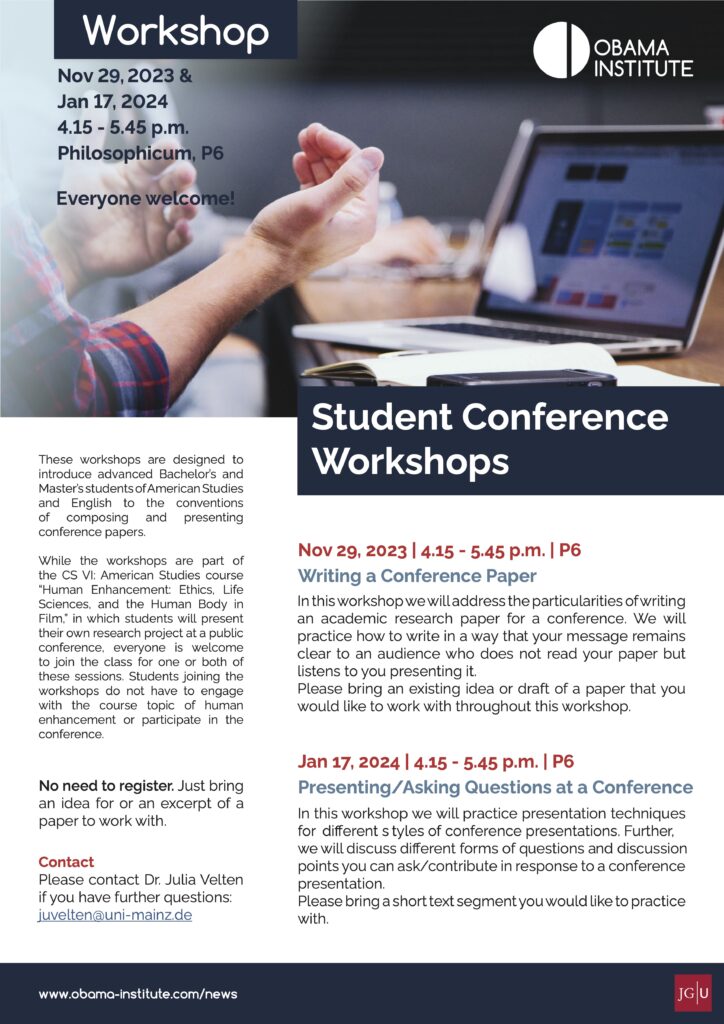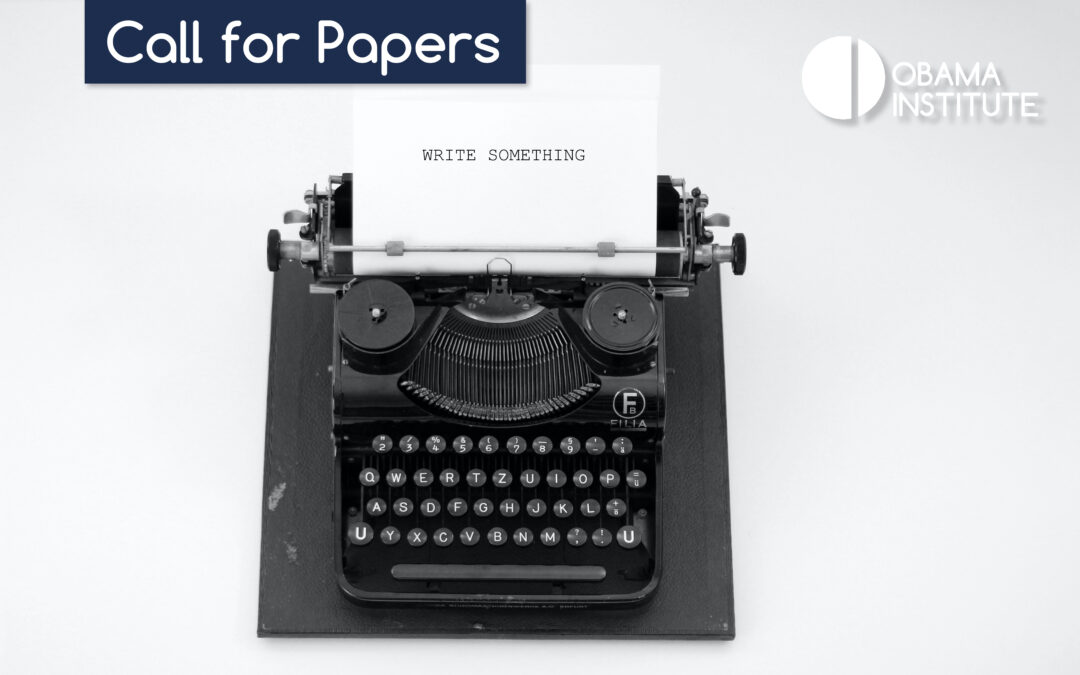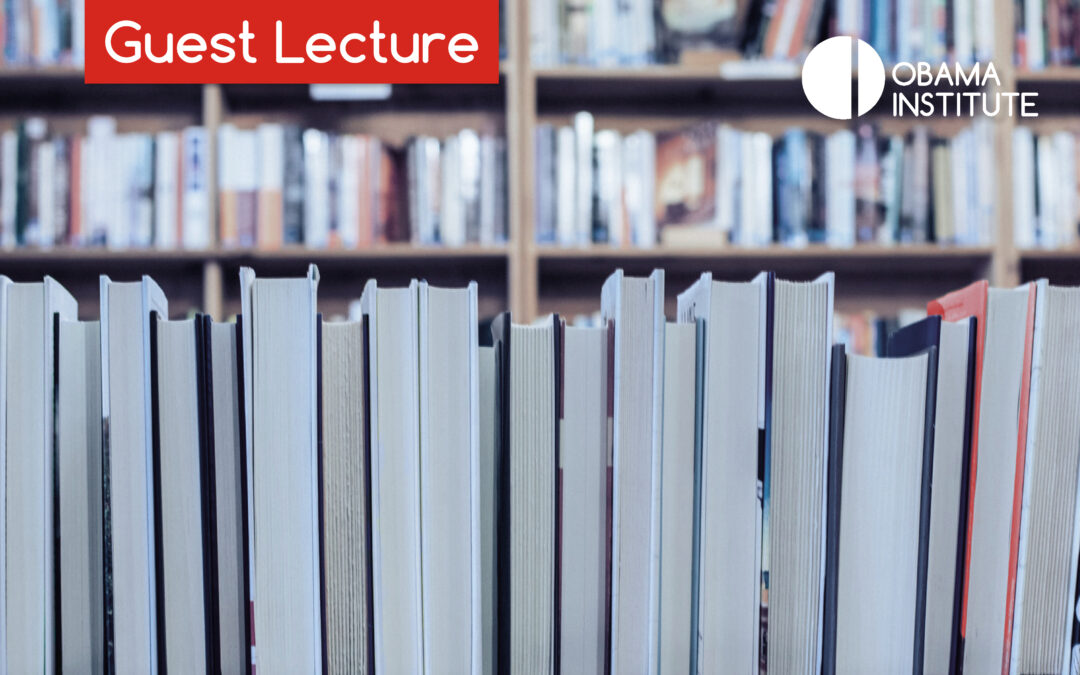Chad Seales
(University of Texas at Austin)
“Sweet Jesus: How Evangelicalism Became the Religion of Industrial Agriculture, and How It Might Help End It”
July 11, 2023, 4:15pm, Fakultätssaal 01-185 (Philosophicum)
This talk will be held as part of the seminar “Thesis Presentation.”
 Chad Seales is Associate Professor of Religious Studies and Brian F. Bolton Distinguished Professor in Secular Studies. He taught at New College of Florida in Sarasota and George Mason University in Fairfax, Virginia before arriving at The University of Texas at Austin. He earned a B.A from the University of Florida, an M.T.S. from Candler School of Theology at Emory University, and a Ph.D. from the University of North Carolina at Chapel Hill. His research addresses the cultural relationship between religion and secularism in American life, as evident in the social expressions of evangelical Protestants, the moral prescriptions of workplace chaplains and corporate managers, and the salvific promises of neoliberal capitalism. He is the author of Religion Around Bono: Evangelical Enchantment and Neoliberal Capitalism (Penn State University Press, 2019), and The Secular Spectacle: Performing Religion in a Southern Town (Oxford University Press, 2013), and has published articles on industrial religion, corporate chaplaincy, religion and film, and secularism and secularization in the United States.
Chad Seales is Associate Professor of Religious Studies and Brian F. Bolton Distinguished Professor in Secular Studies. He taught at New College of Florida in Sarasota and George Mason University in Fairfax, Virginia before arriving at The University of Texas at Austin. He earned a B.A from the University of Florida, an M.T.S. from Candler School of Theology at Emory University, and a Ph.D. from the University of North Carolina at Chapel Hill. His research addresses the cultural relationship between religion and secularism in American life, as evident in the social expressions of evangelical Protestants, the moral prescriptions of workplace chaplains and corporate managers, and the salvific promises of neoliberal capitalism. He is the author of Religion Around Bono: Evangelical Enchantment and Neoliberal Capitalism (Penn State University Press, 2019), and The Secular Spectacle: Performing Religion in a Southern Town (Oxford University Press, 2013), and has published articles on industrial religion, corporate chaplaincy, religion and film, and secularism and secularization in the United States.










 Chad Seales is Associate Professor of Religious Studies and Brian F. Bolton Distinguished Professor in Secular Studies. He taught at New College of Florida in Sarasota and George Mason University in Fairfax, Virginia before arriving at The University of Texas at Austin. He earned a B.A from the University of Florida, an M.T.S. from Candler School of Theology at Emory University, and a Ph.D. from the University of North Carolina at Chapel Hill. His research addresses the cultural relationship between religion and secularism in American life, as evident in the social expressions of evangelical Protestants, the moral prescriptions of workplace chaplains and corporate managers, and the salvific promises of neoliberal capitalism. He is the author of Religion Around Bono: Evangelical Enchantment and Neoliberal Capitalism (Penn State University Press, 2019), and The Secular Spectacle: Performing Religion in a Southern Town (Oxford University Press, 2013), and has published articles on industrial religion, corporate chaplaincy, religion and film, and secularism and secularization in the United States.
Chad Seales is Associate Professor of Religious Studies and Brian F. Bolton Distinguished Professor in Secular Studies. He taught at New College of Florida in Sarasota and George Mason University in Fairfax, Virginia before arriving at The University of Texas at Austin. He earned a B.A from the University of Florida, an M.T.S. from Candler School of Theology at Emory University, and a Ph.D. from the University of North Carolina at Chapel Hill. His research addresses the cultural relationship between religion and secularism in American life, as evident in the social expressions of evangelical Protestants, the moral prescriptions of workplace chaplains and corporate managers, and the salvific promises of neoliberal capitalism. He is the author of Religion Around Bono: Evangelical Enchantment and Neoliberal Capitalism (Penn State University Press, 2019), and The Secular Spectacle: Performing Religion in a Southern Town (Oxford University Press, 2013), and has published articles on industrial religion, corporate chaplaincy, religion and film, and secularism and secularization in the United States.